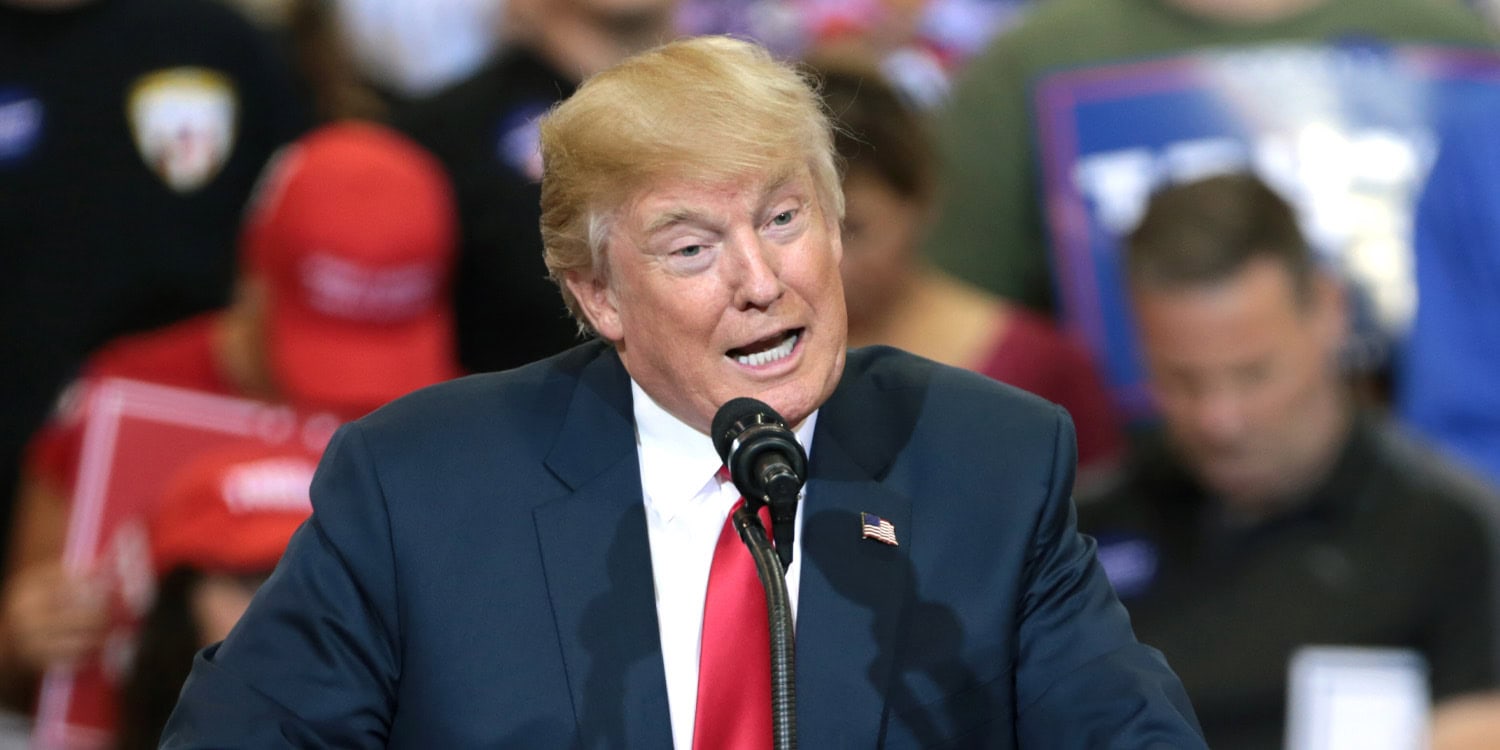A new study published in the American Political Science Review explores how Donald Trump’s role on the reality television show The Apprentice helped propel his success in the 2016 Republican presidential primary. The research suggests that Trump’s carefully cultivated image as a successful businessman and savvy negotiator on the show helped create a lasting, favorable impression among viewers, boosting his appeal among voters. The findings add to the growing evidence that entertainment media, often viewed as politically neutral, can have significant political consequences.
Television plays a major role in shaping public perceptions in the U.S., where most households still watch hours of TV daily. While much research has been devoted to understanding how news media influences political opinions, there’s been less focus on how entertainment media shapes politics.
However, the new study by Eunji Kim of Columbia University and Shawn Patterson Jr. of the University of Pennsylvania’s Annenberg Public Policy Center suggests that entertainment, which more Americans consume than traditional news, has the potential to shape public perceptions of political figures in unexpected ways.
Kim and Patterson set out to examine how Trump’s portrayal as a tough but fair business leader on The Apprentice contributed to his later political success. They hypothesized that Trump’s frequent and positive portrayal on the show helped forge “parasocial” bonds—one-sided relationships between viewers and the media figure—between him and the audience. These relationships, they believed, would contribute to Trump’s support in the 2016 primary elections by making viewers more likely to view him favorably and trust his leadership abilities.
The Apprentice first aired in 2004 on NBC. Created by Mark Burnett and hosted by Trump, the show ran for 15 seasons, concluding in 2017. The basic premise of The Apprentice revolves around a group of contestants competing for a chance to run one of Trump’s companies. Each season featured business-themed challenges where participants were tested on their ability to manage tasks, negotiate deals, and display leadership skills.
At the end of each episode, one contestant was eliminated by Trump in the iconic “You’re fired!” boardroom segment. The show reached its peak popularity in its early seasons, drawing millions of viewers and helping solidify Trump’s image as a successful businessman and authoritative leader.
The researchers utilized several data sources to investigate how Trump’s reality TV persona influenced voter behavior. To begin, the researchers drew on Nielsen ratings data to measure the viewership of The Apprentice from 2003 to 2015. This data allowed them to identify geographic regions where the show was especially popular, providing a foundation to examine whether higher viewership correlated with increased voter support for Trump in the 2016 Republican primary.
The study also incorporated data from a national survey of voters conducted prior to the 2016 election. This survey asked respondents about their political preferences, as well as their media consumption habits, including whether they had watched The Apprentice. The researchers were particularly interested in understanding whether regular viewers of the show felt a stronger personal connection to Trump and were more likely to support him politically.
To probe these personal connections, they analyzed open-ended responses in which voters explained their reasons for supporting Trump. They were looking for patterns that might indicate viewers were drawing on Trump’s TV persona as a successful businessman and strong leader to justify their political support.
In addition to this survey data, the researchers analyzed transcripts from The Apprentice to explore how Trump was portrayed on the show. They found that throughout the show’s run, Trump was depicted as a decisive leader and savvy businessman, traits that were repeatedly emphasized in the show’s narrative.
By presenting Trump in this light, The Apprentice helped to solidify an image of him as “America’s Boss,” a competent and authoritative figure capable of making tough decisions. This image, the researchers hypothesized, resonated with voters when they considered him as a political candidate in 2016.
The study’s findings suggest that exposure to The Apprentice did have a significant effect on voter perceptions of Trump. Regular viewers of the show were more likely to trust Trump and feel connected to him on a personal level. This was reflected in their likelihood to defend him against negative information, such as the infamous “Access Hollywood” tape, and to rely on his business experience and leadership qualities when explaining their political support.
Geographically, regions with higher viewership of The Apprentice saw a corresponding increase in Trump’s vote share in the Republican primary. This effect was not found for other Republican candidates, nor did it significantly influence Trump’s performance in the general election.
The researchers argue that The Apprentice gave Trump a unique advantage in the primary, where partisan cues were less prominent, and voters were more open to considering alternative candidates. The uncontested, positive portrayal of Trump on The Apprentice provided a powerful boost to his public credibility, helping him stand out in a crowded field of Republican candidates.
In short, the study shows that Trump’s role on The Apprentice helped create a favorable image that translated into political support during the 2016 Republican primary. The researchers highlight the importance of entertainment media in shaping voter behavior, suggesting that political figures who leverage these platforms can build strong, one-sided personal bonds with voters that can be difficult to challenge, even in the face of negative information.
“Granted, no single piece of evidence is an ideal test of our hypothesis, but taken together, the evidence suggests that Donald Trump’s role as ‘America’s Boss’ on The Apprentice provided him with the public credibility necessary to secure an advantage in the Republican nomination in 2016,” said Patterson.
While the study provides compelling evidence of a connection between Trump’s television persona and his political success, it also has some limitations. The researchers acknowledge that much of their data is correlational, meaning it can show a relationship between viewership and support for Trump but can’t definitively prove that watching The Apprentice caused people to vote for him.
Future research could further explore how other forms of entertainment media influence political attitudes and behaviors. The researchers suggest that entertainment may have a greater impact in contexts where traditional political cues, such as party affiliation, are less prominent, as they were during the Republican primary. In contrast, during general elections, voters may rely more on established party preferences, limiting the influence of entertainment figures.
The study, “The American Viewer: Political Consequences of Entertainment Media,” was published in American Political Science Review on August 2, 2024.




